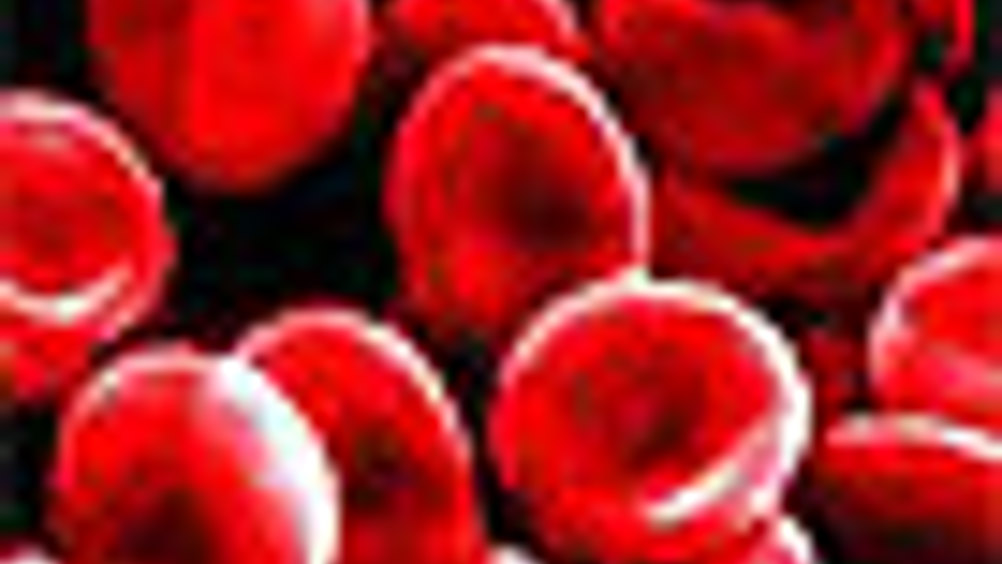Allergy test
Nottingham University scientists have scooped an award for developing a technique that can test for up to 5,000 different allergens from one drop of blood.

Nottingham University scientists have scooped a prestigious national award for developing a technique that can test for up to 5,000 different allergens from just one drop of blood.
The new basophil-microarray based allergy assay is the brainchild of researchers at
Their innovation has won them a Da Vinci award in the Breakthrough Technology category, which comes with a £15,000 prize to use towards furthering their research.
Now in their second year, the Da Vinci Awards, which are run through
The new technology is a lab-based in-vitro test that mimics human allergic reaction.
Register now to continue reading
Thanks for visiting The Engineer. You’ve now reached your monthly limit of news stories. Register for free to unlock unlimited access to all of our news coverage, as well as premium content including opinion, in-depth features and special reports.
Benefits of registering
-
In-depth insights and coverage of key emerging trends
-
Unrestricted access to special reports throughout the year
-
Daily technology news delivered straight to your inbox










Water Sector Talent Exodus Could Cripple The Sector
Maybe if things are essential for the running of a country and we want to pay a fair price we should be running these utilities on a not for profit...